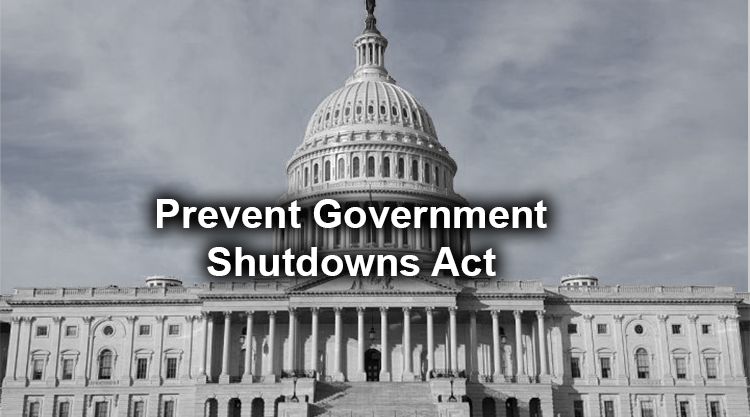Kerby Anderson
The U.S. government has had another shutdown. As I write this, the shutdown is still going on, but I trust that it is over by the time this commentary airs on radio. That would be a good time to prevent this insanity from unfolding again.
First, there is no consistency in the shutdown. Non-essential workers stay home, while essential workers stay on the job. But defining essential workers from non-essential workers makes no sense. Nearly all (93%) of the workers at the Equal Employment Opportunity Commission were furloughed, while none of the workers at the Smithsonian Institution were sent home. The U.S. Capitol Visitor’s Center was closed, but some national parks were partially open.
Second, shutdowns don’t really affect most citizens. Politicians hope that voters will feel the pain of a shutdown and pressure their representatives. But most Americans don’t even feel the impact of a shutdown. Social Security checks are still sent. Medicare and Medicaid coverage continues during a shutdown.
It’s ironic that these funding programs persist while most other government programs cease. These “so-called entitlement” programs are the ones that are running up the national debt. You could argue that the rest of the federal budget is balanced with the $6 trillion in taxes collected each year.
There is a solution. Representative Jodey Arrington (R-TX) in the House and Senator James Lankford (R-OK) have both been on my radio program and have jointly introduced a bill that would keep the government running for two weeks after funding lapses. It would also restrict members of Congress from traveling and keep Congress in session until appropriations are passed.
Both political parties like to use the threat and the reality of a shutdown to push through legislation. It is time for members of Congress to feel some pain so that these political games come to an end.
 Listen Online
Listen Online Watch Online
Watch Online Find a Station in Your Area
Find a Station in Your Area










 Listen Now
Listen Now Watch Online
Watch Online
